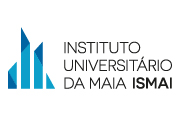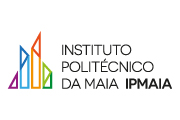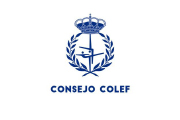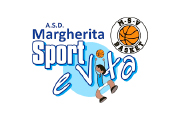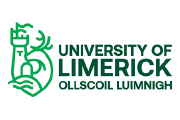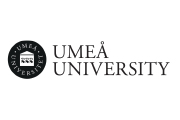Erasmus+
About the Project
Traçar um perfil sociopsicológico transnacional de estudantes atletas envolvidos em programas de carreira dual. Este perfil será usado para promover o desenvolvimento positivo dos jovens em contexto desportivo e escolar, através da implementação de ferramentas digitais, interativas e pedagógicas.
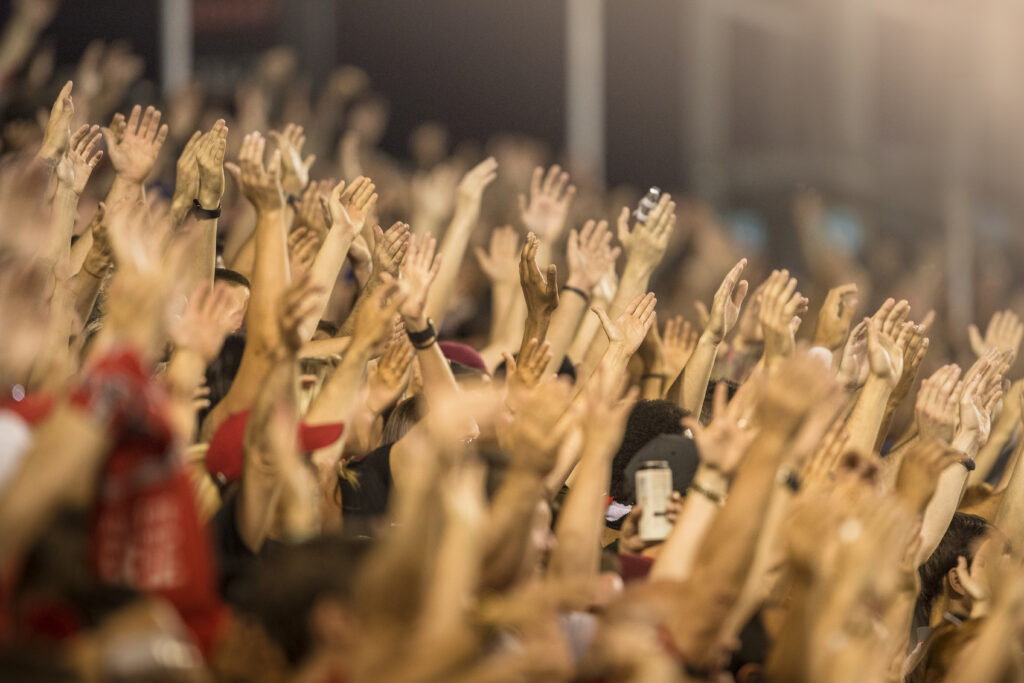
Descrição
This is an Erasmus+ European project: Portugal, Spain, Ireland, Italy and Sweden.
Envolve uma equipa transnacional e transdisciplinar, que inclui membros que partilham conhecimentos em diversas áreas, tais como psicologia do desporto aplicada, sociologia e pedagogia, ciências da computação, educação física e métodos de investigação.
O projeto BLA combina os objetivos de traçar um perfil sociopsicológico de estudantes-atletas envolvidos em programas de carreira dual e contribuir para o desenvolvimento positivo dos jovens. O propósito maior é melhorar e equilibrar os resultados desportivos e os resultados escolares daqueles que estão envolvidos em programas de carreira dual. Simultaneamente, através de uma melhor compreensão de seu perfil sociopsicológico, o BLA também visa reduzir o abandono desportivo dos jovens.
Acresce a necessidade de ajudar os jovens a reconhecer e a melhor desenvolver as suas principais competências pessoais, sociais, educacionais e emocionais. Além disso, a disseminação e escalabilidade desse perfil também terão impacto sobre aqueles que não estão envolvidos em programas de carreira dual, melhorando, por exemplo, seus resultados escolares e as suas competências sociopsicológicas sociais.
Este tópico do projeto está claramente alinhado com as políticas europeias no campo do Desporto e com a Estratégia Europeia 2020, sublinhando a necessidade de promover a implementação de programas de carreira dual. Os jovens "atletas de carreira dual" são considerados indivíduos que enfrentam a difícil tarefa de combinar suas carreiras desportivas com a educação (Comissão Europeia, 2012).
Os programas de carreiras duais são estratégias criadas para proteger e salvaguardar a posição dos atletas, que combinam o treino intensivo e competições com o desempenho escolar. De facto, estratégias de carreira dual bem equilibradas podem capitalizar a contribuição dos atletas para a sociedade, baseando-se nas competências que os atletas desenvolvem no Desporto e através do Desporto, e podem ser vistas como uma boa preparação para se tornarem modelos em vários contextos sociais, nomeadamente na educação (European Comissão, 2012).
According to international research, a considerable number of youths withdraw from sport participation attributing that sports takes up too much of their time, preventing them from pursuing other things in life, namely studying. However, sport promotes a set of individual and collective competencies/skills, behaviours and attitudes that positively enhance the success and integration of young people in different contexts of life.
Furthermore, it is possible to combine a successful sports career with school achievements (Turnnidge, Côté, & Hancock, 2014). Specifically, athletes may gain individual and social benefits, such as increased self-esteem, concentration, leadership skills, motivation, better peer relationships, responsibility, managing anxiety, ability to cope with pressure and stress, set goals, solve problems, deal with successes and failures, thus increasing their well-being and success in various spheres of life (Fraser-Thomas, Côté, & Deakin, 2005; Holt & Neely, 2011; Jacobs & Wright, 2018; Papacharisis, Goudas, Danish, & Theodorakis, 2005). Indeed, according to research, the tangible value of sport lies in the application of such skills to other spheres of life, such as education (Danish, Forneris, & Wallace, 2005).

In the BLA project, we propose that this type of profile needs, not only to be optimised in the sport context, but also to be developed in the school context in order to inspire successful and better global citizens. Prior studies indicate that sport has the potential to develop positive outcomes, however, there is a lack of consensus concerning the possible transfer to other contexts, namely the school (Holt, Tink, Mandigo, & Fox, 2008; Jones & Lavallee, 2009; Weiss, Stuntz, Bhalla, Bolter, & Price, 2013). Moreover, research suggests that this transfer, when it happens, is not a fast process (Martinek & Lee, 2012). Sport can be regarded as an important ally for those teaching life skills to youth.
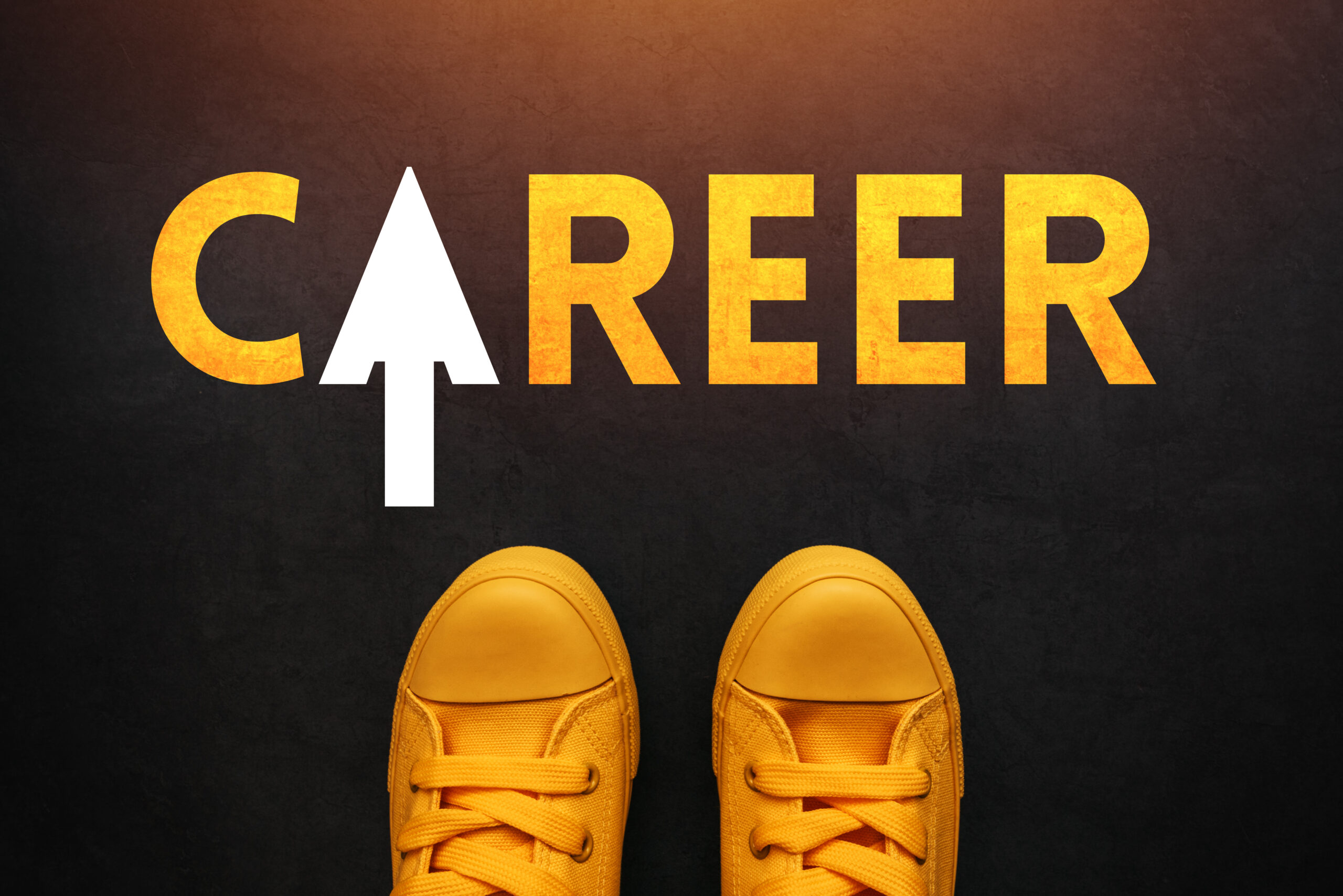
Objetivos
To improve and balance sport and school results of youth involved in dual career programmes;
To reduce the number of youths withdrawing from sport participation (dropout);
To improve youth socio-psychological competencies;
To establish, in each partner country, a socio-psychological profile of student-athletes involved in dual careers programmes;
To establish a common socio-psychological profile of student-athletes involved in dual careers programmes from all partner countries;
To communicate the established socio-psychological profile through an interactive tool (Mobile Application) and pedagogical materials (guidelines, workshops, social networks and a website) in the sport and school contexts;
To develop sustainable and scalable evaluation mechanisms within sport and school communities concerning socio-psychological competencies.
Direct Target Groups
Student-athletes from both genders aged 12 - 18 years old involved in dual careers programmes;
Youngsters from both genders aged 12 - 18 years old.

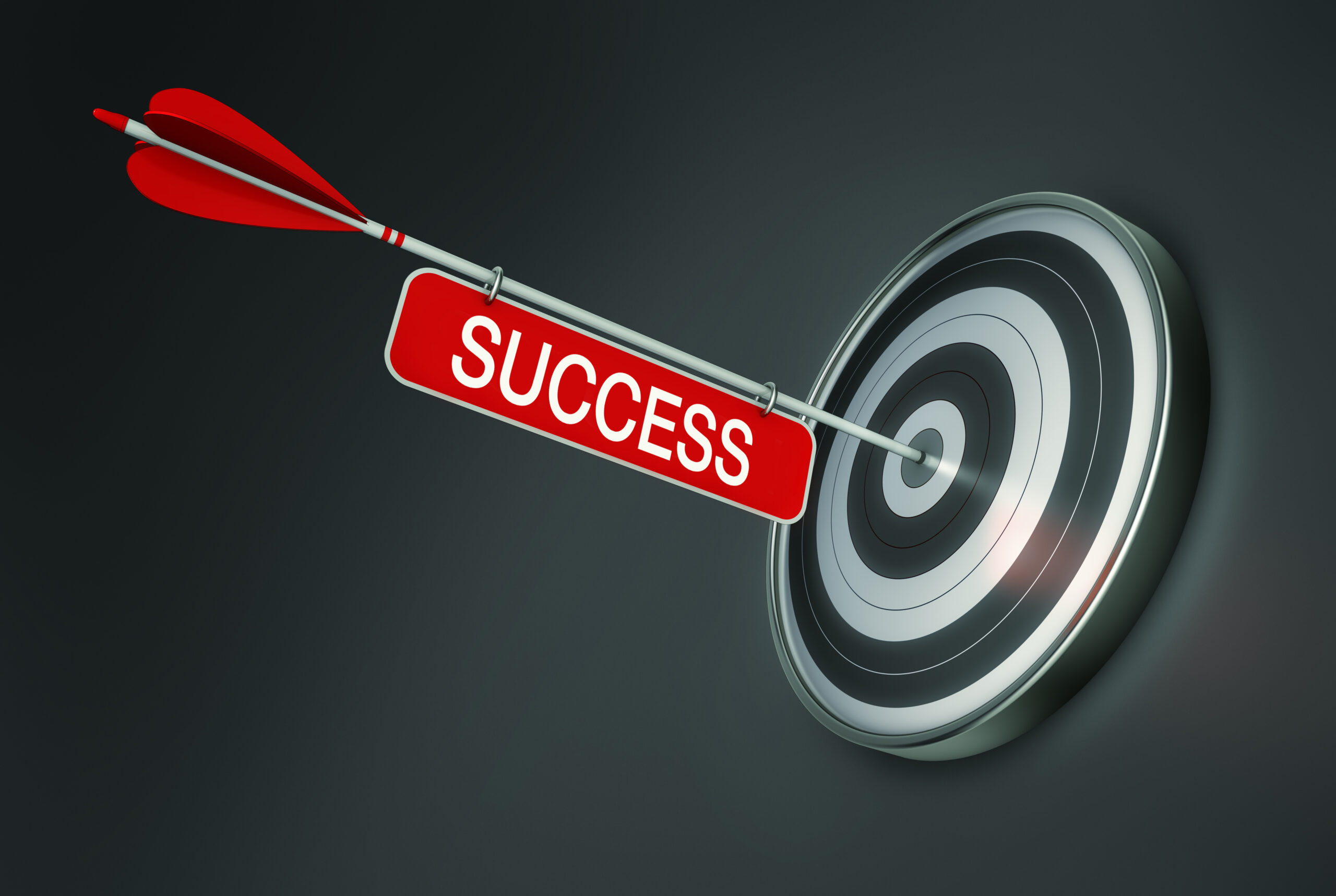
Indirect Target Groups
Coaches, teachers and parents directly involved.
Key Words
Youth; Student-athletes; Dual Careers (School + Sport); Social-Psychological Competencies; New Technologies
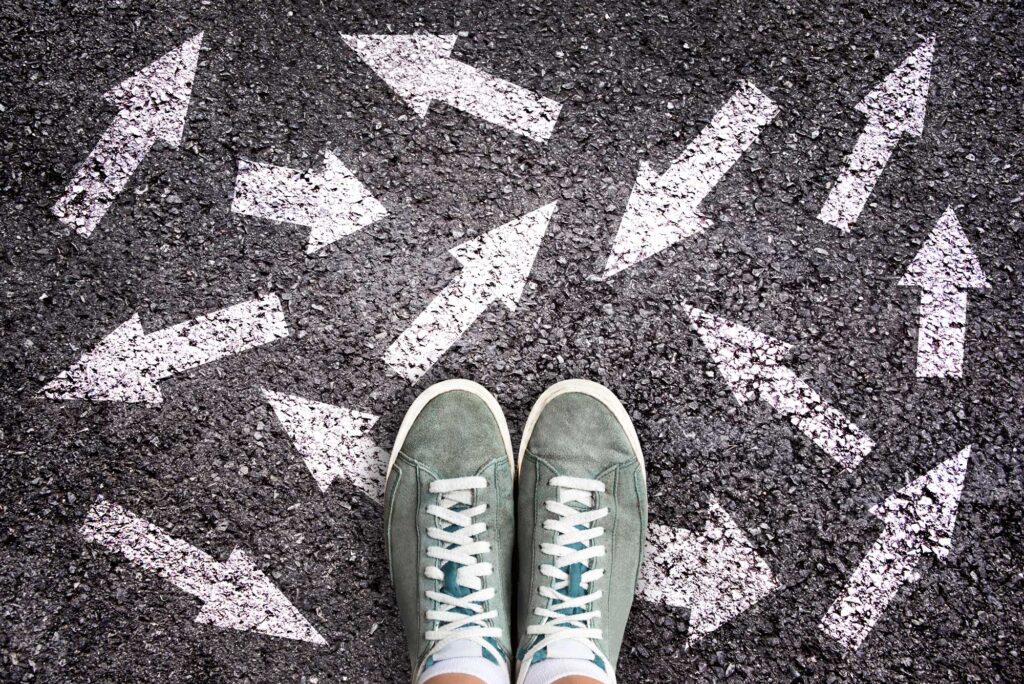

The European Commission’s support for the production of this publication does not constitute an endorsement of the contents, which reflect the views only of the authors, and the Commission cannot be held responsible for any use which may be made of the information contained therein.

